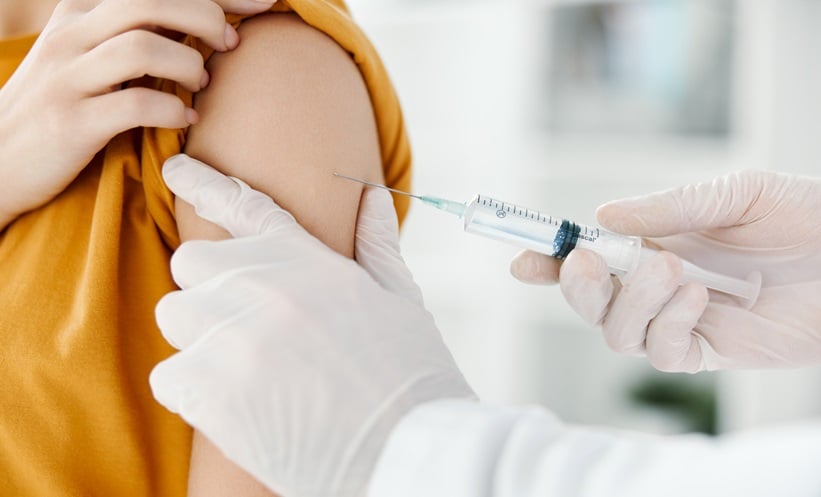RABIES remains a significant global public health threat, particularly in Asia, where it accounts for over 35,000 human deaths each year. The disease is caused by a virus that targets the central nervous system and is primarily transmitted through bites or scratches from infected animals. To combat the spread of rabies, vaccination is essential, and various vaccination protocols are employed globally. The most common regimens are the Essen and Zagreb schedules, both of which have been shown to offer effective protection against the disease.
The Essen regimen, considered the gold standard, involves five doses administered over a period of 28 days. While highly effective, it can be costly and time-consuming, making it less feasible in areas with limited resources. In response to these challenges, the World Health Organization (WHO) recommended a four-dose version of the Essen regimen in 2018. This regimen shortens the vaccination period, making it more affordable and easier to administer, though it has yet to receive approval from China’s National Medical Products Administration.
Another widely used vaccination protocol is the Zagreb regimen, which is more cost-effective and uses fewer doses. Initially recommended by WHO in 1992, the Zagreb regimen involves two doses on day 0, and one dose on days 7 and 21. A recent clinical trial conducted in China compared the immunogenicity and safety of the Zagreb and Essen regimens. The results showed that both regimens were similarly effective in generating an immune response, with nearly 100% of subjects testing positive for protective antibodies at 3, 6, and 12 months post-vaccination.
The trial also highlighted that the Zagreb regimen led to fewer doses and a shorter vaccination period, improving compliance and cost-effectiveness. Adverse reactions were mild and transient in both groups, with no severe adverse events reported. The findings suggest that the Zagreb regimen offers a practical and cost-efficient alternative to the Essen regimen, with similar protective outcomes, making it a promising option for broader use in rabies prevention.
Reference
Liang Z et al. Safety, immunogenicity and immune-persistence of a lyophilized human rabies vaccine (Vero cells) under Zagreb and Essen regimens: a randomized, open-label, controlled phase III clinical trial in healthy participants aged 10-60 years in China. Front Immunol. 2024;15:1444686.






